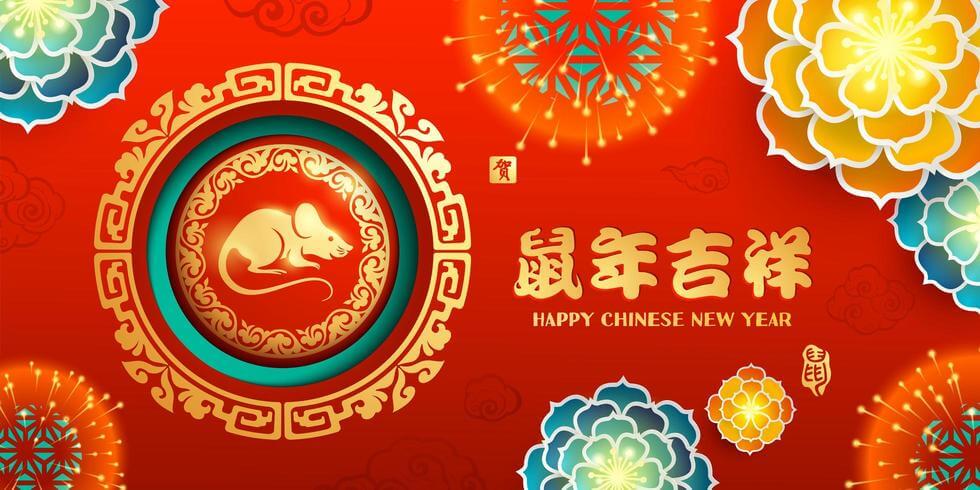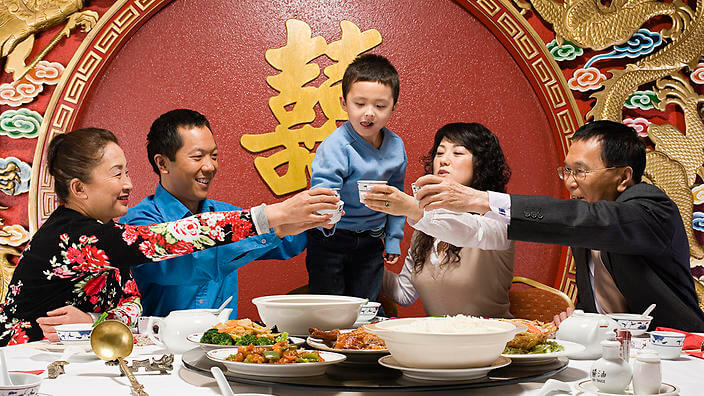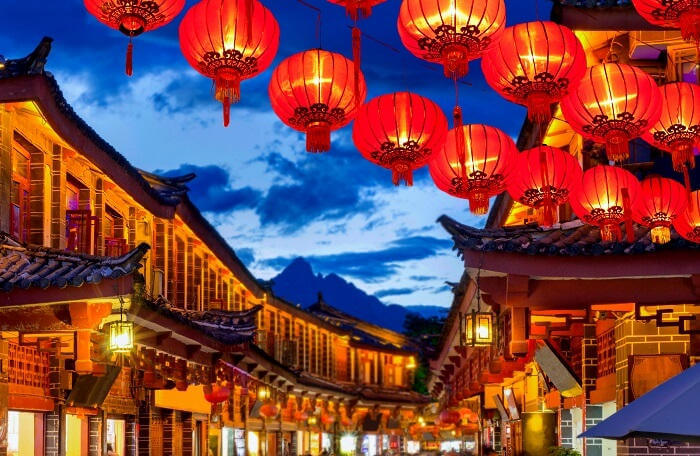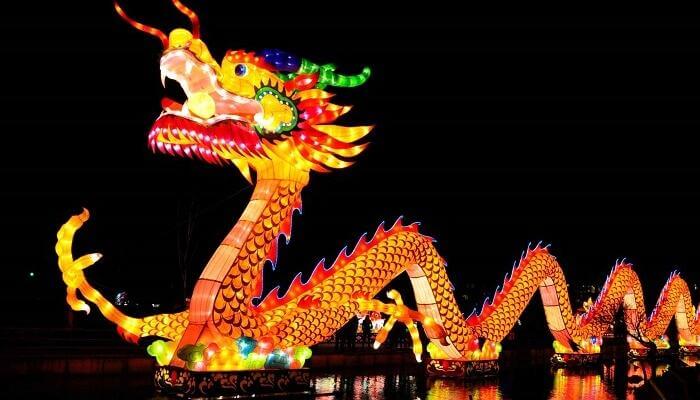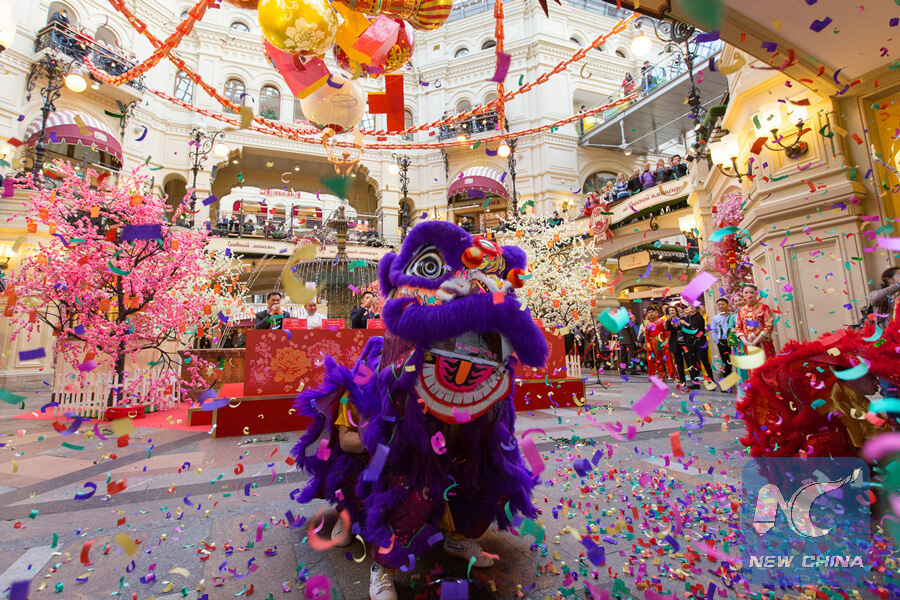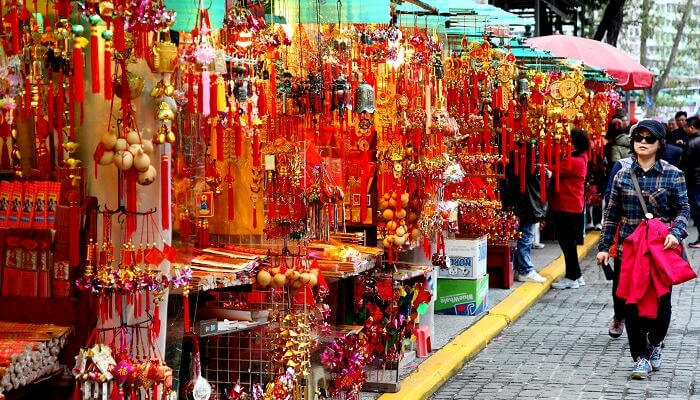Chinese New Year – Know Everything, Interesting Facts & Traditions
Fireworks, parades, red envelopes, lights, and everything wonderful connection with the Chinese New Year make it a captivating event worth witnessing. The glitz and allurement affecting the gorgeous decorations with the traditional & modern actions would undoubtedly set celebration goals for you.
Questioning how? Scroll through and I bet you would agree with this blog!
The Chinese New year is commemorated on the first day of the First Moon of the lunar calendar. The analogous date in the solar calendar modifies from as early as January 21st to as late as February 19th. Chinese New Year, as the Western New Year, implied turning over a new leaf. Culturally, it is a time for family reunions, and for visiting friends and relatives. This holiday, more than any other Chinese holiday, is emphasised on the influence of family ties. The Chinese New year’s Eve dinner meeting is among the most significant family occasions of the year.
Sweeping of the Grounds
Arrangements for the Chinese New Year in old China starts well in advance of the New Year’s Day. The 20th of the Twelfth Moon is all set aside for the annual housecleaning or the “sweeping of the grounds“. Every corner of the house must be swept and cleaned in preparation for the new year like it is in India during Diwali Festival. SpringCouplets, written in black ink on large upright scrolls of red paper, are put on the walls or on the sides of the gate-ways. These couplets, short poems, and other inscriptions are written in Classical Chinese and are expressed of good wishes for the family in the coming year. In addition, symbolic flowers and fruits are also used to illuminate the house, and colourful new year pictures (NIAN HUA) are placed on the walls.
Interesting huh! read 10 facts about Chinese New Year.
Chinese New Year Is Also Known As The Spring Festival
In China, the new year is called chunjie (春节), which means ‘Spring Festival’. Although it is still wintertime in China, it is termed the ‘Spring Festival’ as it signifies the end of the coldest days of winter, which is a symbol of the coming spring season.
Chinese New Year Does Not Have A Set Date
The Chinese New Year (Spring Festival) is based on the Lunar Calendar during the full moon phase between 1st January and 15th January. Nevertheless, when it is measured using the Gregorian (solar) calendar, the Chinese New Year may fall anywhere from 21st January to 20th February. For example, in the year 2020, the Chinese New Year will fall on the 25th of January.
It Is A Day For Praying To Gods And Fighting Off Monsters
The Spring Festival in China started as a day to pray to Gods for a good reaping season and to ward-off any mishap. As much of the country was profoundly dependent on agriculture, the harvest was everything and God had to be gratified by way of advancing the best foods in a religious tradition.
As per an old-fashioned myth, however, the festival began after one brave little boy fought-off a monster named Nian (年) using firecrackers. The next day, people celebrated their endurance by setting off even more firecrackers. And that system became a significant part of the Spring Festival.
The Most Fireworks Are Set Off In The World That Night
As per the ancient myth (see above point), firecrackers are deemed to scare-off monsters and bad luck. So on the eve of the Chinese New Year, people set off firecrackers at night and follow it up with more firecrackers in the morning to welcome the new year and good luck. However, the officials have started to crack down on this system by banning fireworks, due to elevated levels of air pollution and growing concerns about global warming and the health and safety of residents in as many and 500 cities of China. Beijing had banned fireworks for 13 years. The ban was lifted in 2006 to please the angry public – this also happens.
It Is The Longest Chinese Holiday
The Spring Festival continues for 16 days including New Year’s Eve. However, as the celebration is based on the Lunar calendar, the holiday season can begin as early as in December with the Laba Festival (腊八节—là bā jié) which would give it around 40 days of celebrations! So in the arrangement, people will buy nian huo (年货), (New Year’s products) and stalk up on cooking supplies, gifts, new clothes, etc. before the New Year festival commences.
The Spring Festival Causes The Largest Human Migration In The World
As described earlier, it is tradition to spend the Chinese New Year with your family and everyone goes back to their parents and loved ones for a family gathering.
No Showering, Sweeping Or Throwing Out Of Garbage Allowed!
As the Spring Festival is all about carrying good luck and warding off sinister and bad luck, showering isn’t allowed on New Year’s Day and sweeping and thrusting out the garbage isn’t allowed before the 5th day. This is to make sure you don’t wash away the good luck! On the other hand, there’s a day before the Spring Festival devoted to cleaning. This day is to sweep the bad luck away and make room for the good. Most hair salons are closed throughout the whole of the Chinese New Year because cutting har is taboo during that time.
Children Receive Lucky Money In Red Envelopes
It wouldn’t be much of a festival without gifts being reciprocated. Gifts are exchanged during the Spring Festival, though, children also receive money in red envelopes as a representation of transferring good fortune from the seniors to the children. These red envelopes or pockets are also exchanged between bosses and employees, co-workers, and friends.
Chinese New Year Ends With The Lantern Festival
The first full moon of the (lunar) year is the Yuanxiao Festival (元宵节—yuán xiāo jié) or Lantern Festival (灯节—dēng jié). Though the family is still relevant, it’s still a night of partying and leisure. In ancient times, girls weren’t allowed to move outside by themselves. But on this night, they are free to take strolls, moon-gaze and look at the gorgeous lanterns. Because of this, it’s also known as Valentine’s Day in China.
The New Year Greeting In Chinese Is “Xin Nian Kuai Le”
The expression literally means “Happy New Year.” But in Hong Kong and other Cantonese-speaking countries, it’s more common to say “gong hei fat choy.” In Mandarin Chinese, it’s “gong xi fa cai” (恭喜发财). It implies “congratulations on the fortune.”
If you loved this blog, please leave a comment and get in touch for collaborations on writing and digital content.

